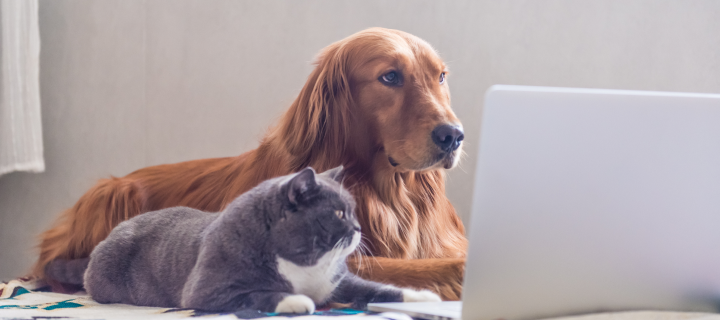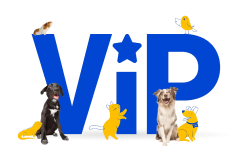
Please confirm you are human
Oops! It appears something made us think you are a bot. Please confirm you are human
Don't worry. You will be able to get back to your browsing session in just a moment.
Please click the box above and you'll be on your way
Don't worry. You will be able to get back to your browsing session in just a moment.
Please click the box above and you'll be on your way
Block Reference ID:
You might have received this message if JavaScript or cookies were disabled in your browser settings.
Occasionally a plugin or extension may be at fault.








